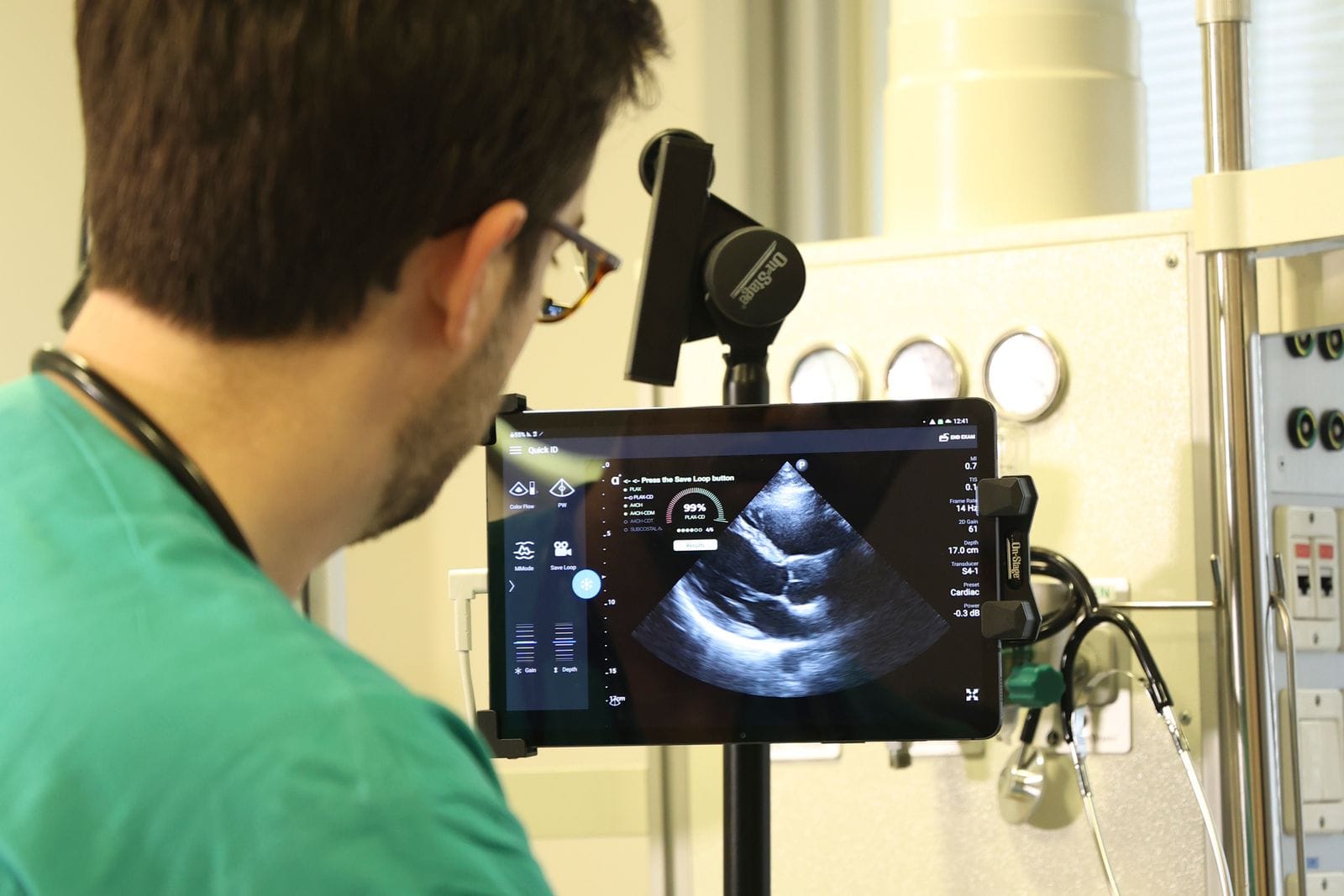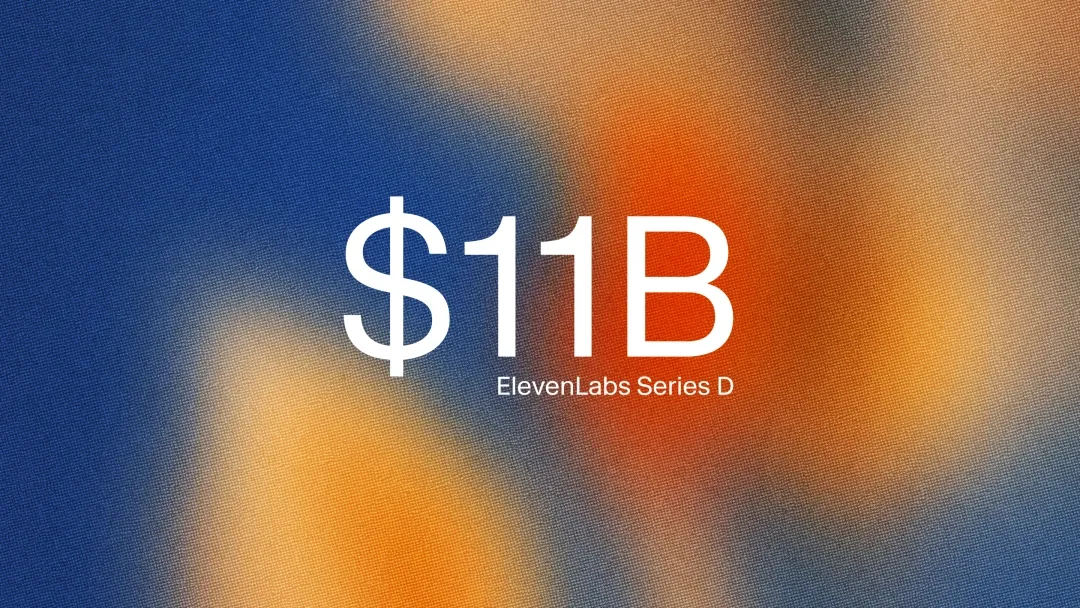AISAP recently secured $13 million in seed funding for its Point-of-Care Assisted Diagnosis (POCAD) software platform. POCAD connects to commonplace imaging devices to rapidly assess patients' conditions based on the received imaging. POCAD can provide diagnosis in as little as five minutes instead of the hours or days it can take to obtain interpreted imaging scans using traditional methods. With POCAD, AISAP aims to address the ongoing scarcity of medical imaging and radiology professionals by enabling physicians who may not have imaging specialization to quickly evaluate patients to detect potentially life-threatening conditions involving vital organs like the heart.
AISAP was founded by experts across fields including medicine, technology, and intelligence, and is initially focusing on cardiac medicine, but is planning to expand into other areas of medicine in the future. The current POCAD version was trained on 24 million echocardiogram video clips from over 300,000 studies provided by Israel's Sheba Medical Center. The software analyzes patients' imaging and assigns an urgency score based on the severity of the condition and a quality score for the scans to provide sufficient context for operators with any experience level. A recent study held at Sheba Medical Center (still under review) revealed a previously undetected moderately serious medical condition in 29% of 660 patients who had not undergone any previous studies.
The cloud-based, HIPAA-compliant software can be deployed in hospitals or the field, connecting to existing ultrasound equipment. It is priced on a software-as-a-service model based on the number of users per customer site. With its fresh funding led by Harel Insurance Investments and Shoni Health, AISAP aims to make rapid, accurate ultrasound evaluations more widely accessible. POCAD is available now in Israeli hospitals, with a U.S. launch pending FDA approval.







Comments